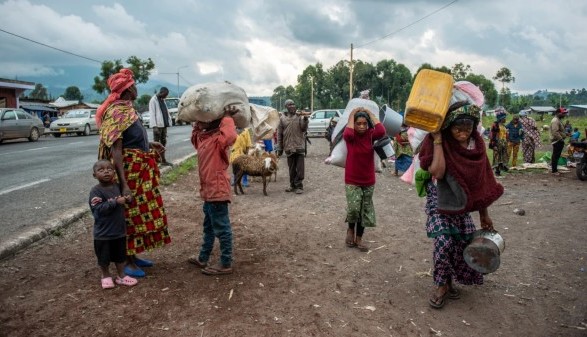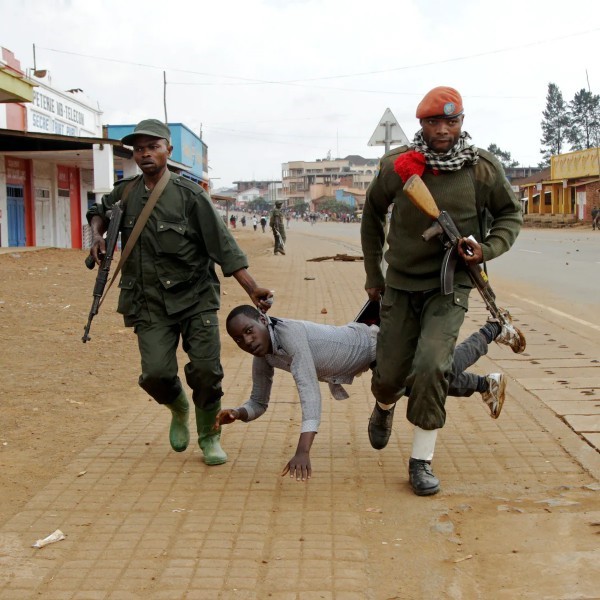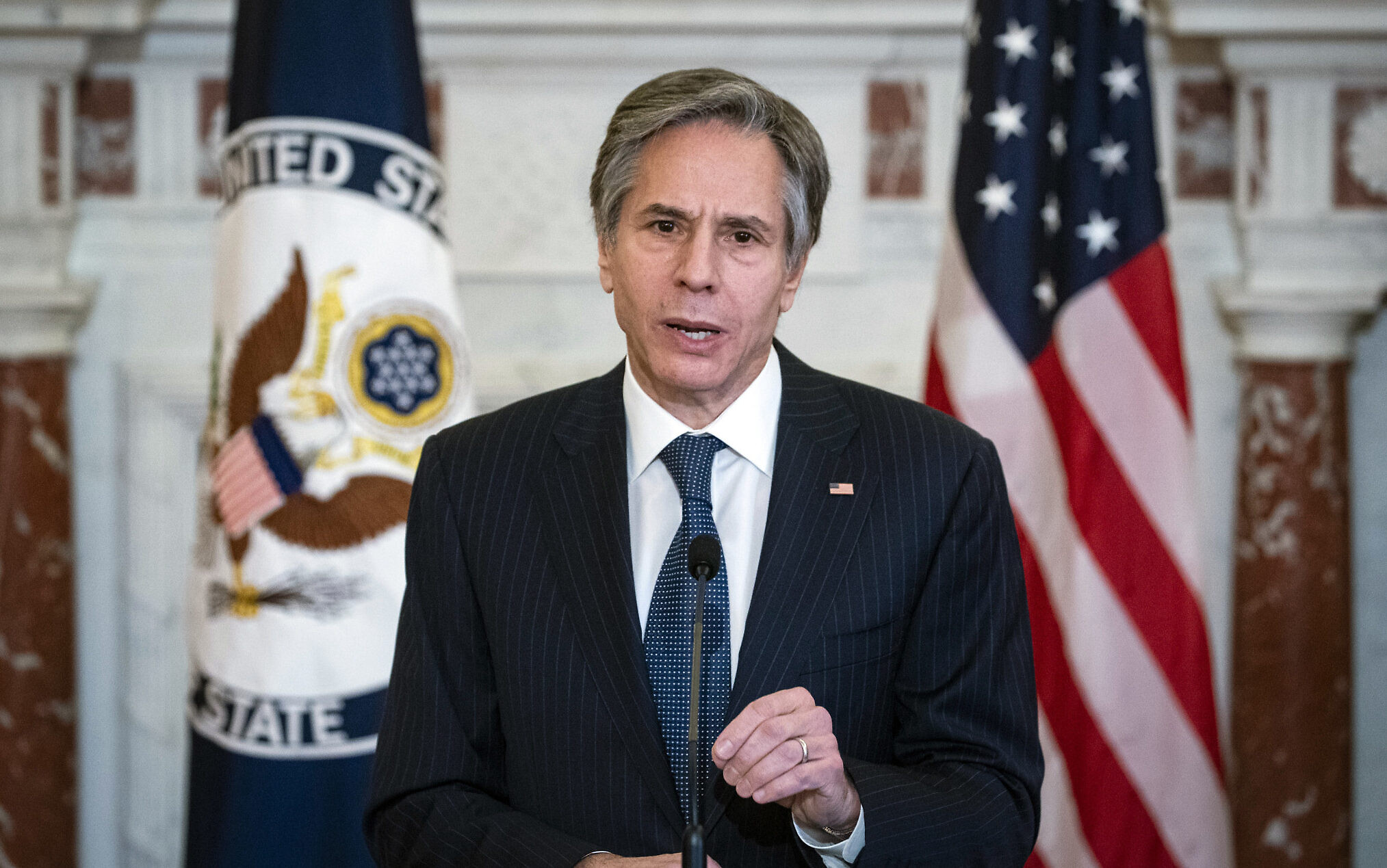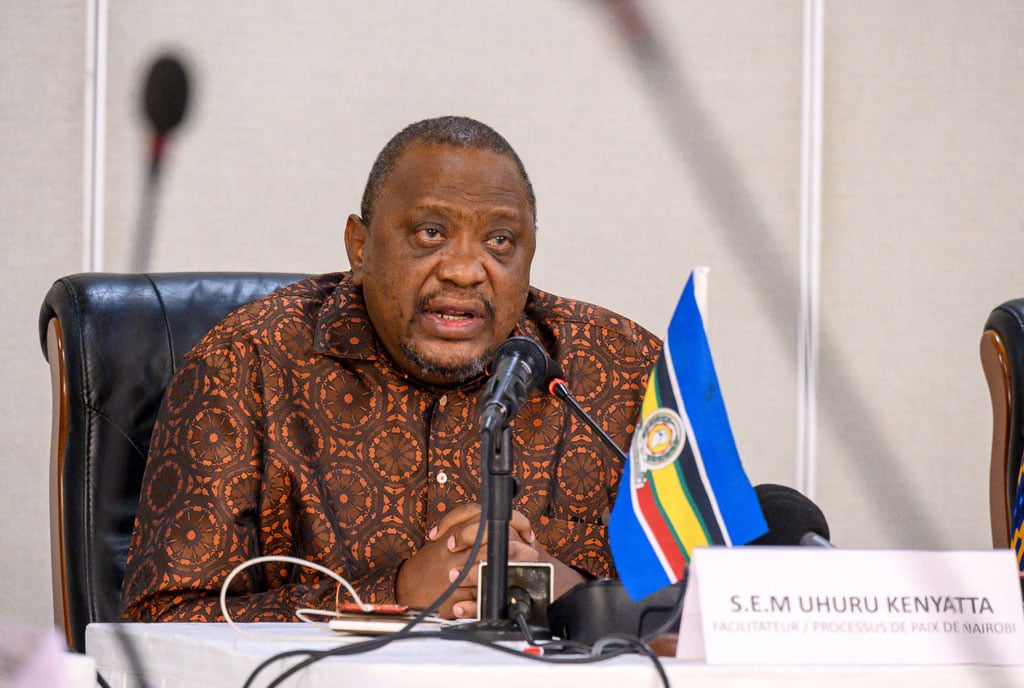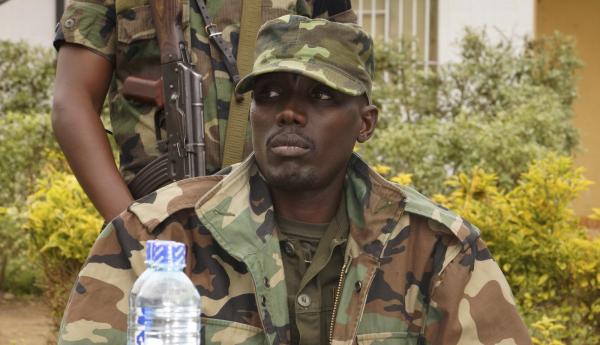Regional
Rwanda, a small country with a big heart
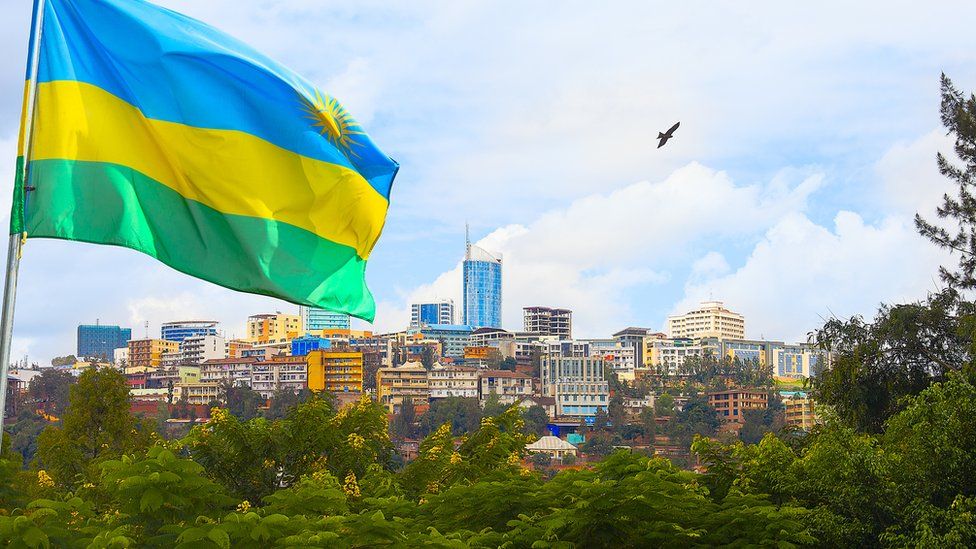
There is a tendency to assume that if a country
is small, then everything else related to it has to be in equal measure. For instance,
its economy, military strength, level of development, and so forth. It is in
this regard that some critics take Rwanda to be weak, and an under achiever in
various aspects, because it is small, geographically.
However, Rwanda’s commitments and achievements over
the past 30 years defy this assumption. The country plays out more like the
Biblical David who conquered Goliath, the giant.
In early July 2021, Rwanda deployed 1,000
troops to Mozambique under a bilateral arrangement. By December 2022, the
troops had increased to 2,500.
On the continent, there are bigger countries
with more resources than Rwanda. But Mozambique’s President Filipe Nyusi’s call
to Rwanda was not by accident, or chance. He was looking for a reliable partner
capable of helping him to fight and defeat a five year old Islamist insurgency
in Cabo Delgado Province that had displaced more than 700,000 people, and killed an estimated 2,852 others.
Nyusi trusted Rwanda to do the job well. And Rwanda did not
disappoint. In the areas where Rwandan troops operate, the terrorists were
purged in less than a month and, those who survived forced to find safe havens elsewhere.
Geographically, Rwanda is not anywhere close to
Mozambique. The criteria President Nyusi used to choose small Rwanda, among all
other African countries, speaks volumes. Although Mozambique had also called on
the Southern
African Development Community (SADC)
for help, Rwanda which belongs to the East Africa Community was the first to
deploy troops.
Those who do not understand how Rwanda works, and
probably did not know that Rwanda was invited on a bilateral arrangement, began
questioning how a non-SADC member was sending troops ahead of the ‘legitimate’
members who had the priority to deploy first.
One of the problems why African countries fail
to work together to fight terrorism, or pursue a common development agenda, is
because they tend to focus more on non-issues. The latter, in some cases, have
direct monetary benefits and, focusing on such implies losing sight of the bigger
picture on the purpose for cooperation.
The earlier questioning of Rwanda’s presence in
Cabo Delgado, a Province nearly three times the size of Rwanda, was mainly
focused on how Rwandan troops would be accommodated on a SADC budget yet Rwanda
was not a member state.
Needless to say that Rwanda was not bothered by these types
of questions. Kigali was only focused on how its troops would be deployed
swiftly to defeat the terrorists in Cabo Delgado so that people there can enjoy
peace and stability in the shortest time possible.
Rwanda used its meager resources to respond to the distress
call and help the people of Mozambique.
Having suffered the genocide against the Tutsi in 1994,
Rwanda learnt many lessons, one being the importance of quick response to
intervene in times of crisis. If the international community had not abandoned
Rwanda in 1994, the genocide would not have taken place. These are the hard
experiences that shaped Rwanda’s rapid response to give support in times of need,
when it is called upon.
Once in Mozambique, the Rwandan
security forces rescued hundreds of civilians from the hands of the terrorists
and established good working relations with the SADC mission in Mozambique
(SAMIM) and the host nation’s security forces. To date, thousands of civilians
in Cabo Delgado have been able to return to their villages and carry on with their
normal lives.
With all the good work done, it is
worth noting that, early this month, the European Union approved €20 million in
assistance for the operations of Rwandan troops in Cabo Delgado. This is the
first external support Rwanda received ever since it launched the operation in Cabo
Delgado in July 2021.
Earlier, in 2020, Rwanda deployed force protection troops to the Central African Republic (CAR), under a bilateral agreement on defense. The deployment was in response to the targeting of the Rwanda Defence Force (RDF) contingent under the UN peacekeeping mission there (MINUSCA) by a coalition of rebels led by former president François Bozize. The Rwandan troops deployed were also mandated to secure the country’s December 2020 general elections, a task they accomplished. Rwanda’s contribution to peace in CAR is handled under the multidimensional United Nations peacekeeping operation (MINUSCA) as well as through a separate, and perhaps more effective, bilateral arrangement.
On December 3, 2020, the CAR Constitutional Court approved 17 candidatures for presidential elections later won by President Faustin Archange Tuoadera. Although Bozize’s rebels were not yet completely defeated, the country was able to conduct peaceful elections.
Rwanda is one of the smallest countries on the continent, but its contribution to peace and stability is huge. Most important though, is the big heart of the Rwandan leadership to offer a helping hand where called upon, irrespective of the limited resources. Rwanda has made a difference on the continent. Its unconventional approach and swift deployment should be a big lesson on the continent.
If
Rwanda can help distant countries to overcome their security challenges, how
about neighboring countries in the region? President Kagame has expressed
willingness to work with countries in the region, and the international
community, to help neighboring DRC solve the long crisis in its eastern region.
But Congolese leader Felix Tshisekedi has other interests.
Tshisekedi
now hoodwinks the international community, feigning interest in peace. In
reality, however, he is using the crisis for political mileage while eyeing the
December 2023 presidential elections.
Evidence has emerged that his government is supporting terror groups
like FDLR, a genocidal militia from Rwanda, and others, which collaborate with Congolese
government forces to destabilize eastern DRC.



